
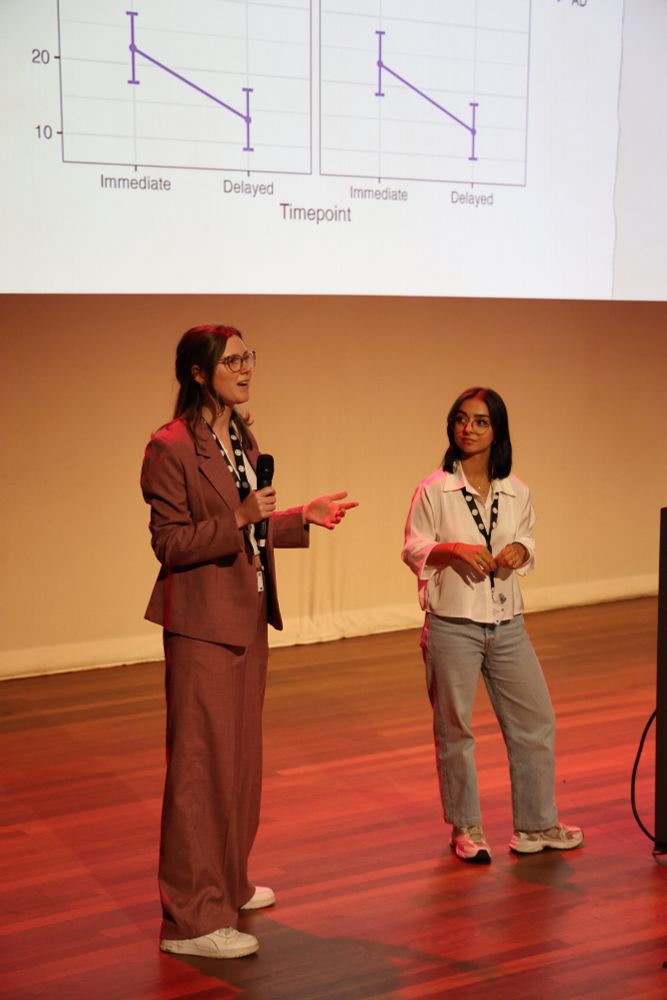
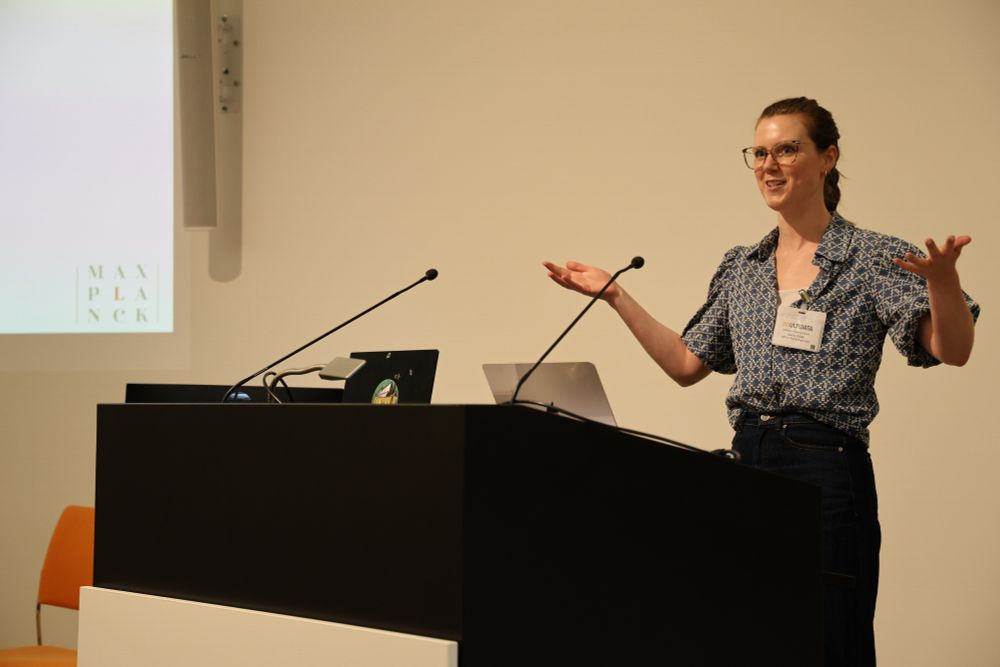
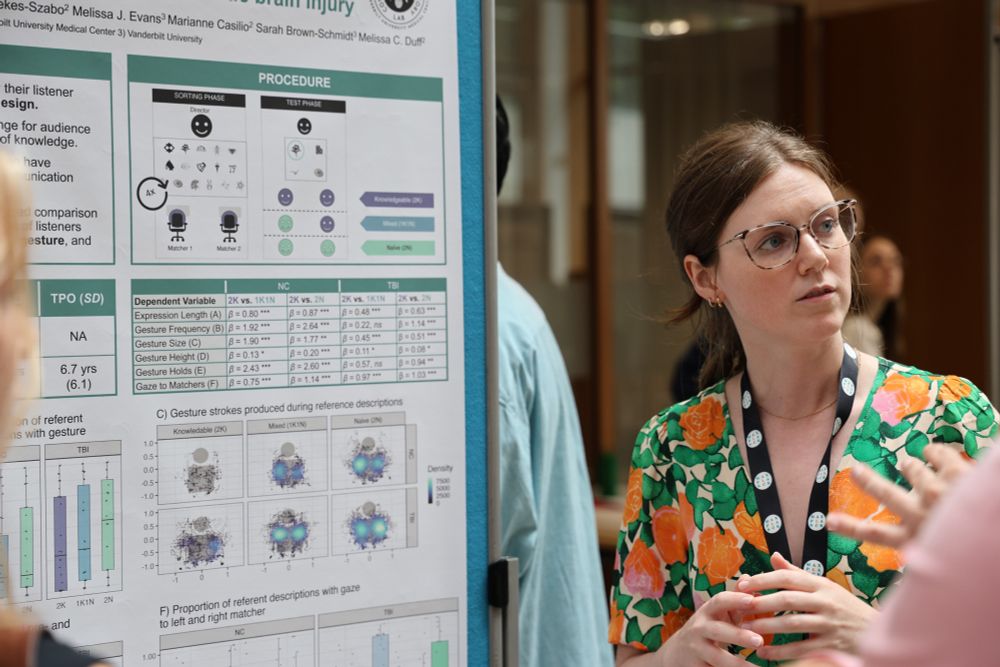
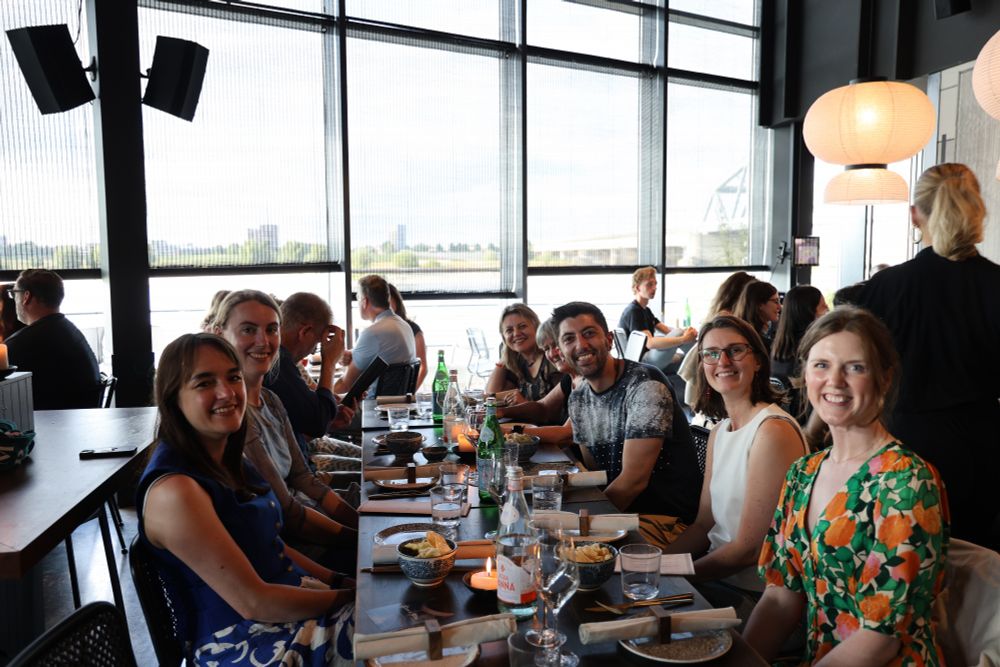
Together with @shariceclough.bsky.social , we’ll be sharing our work on the role of gesture in narrative recall across Alzheimer’s, MCI, and healthy aging.
Looking forward to great discussions! 💪🏻🧠🗣️
#ISGS25

Together with @shariceclough.bsky.social , we’ll be sharing our work on the role of gesture in narrative recall across Alzheimer’s, MCI, and healthy aging.
Looking forward to great discussions! 💪🏻🧠🗣️
#ISGS25

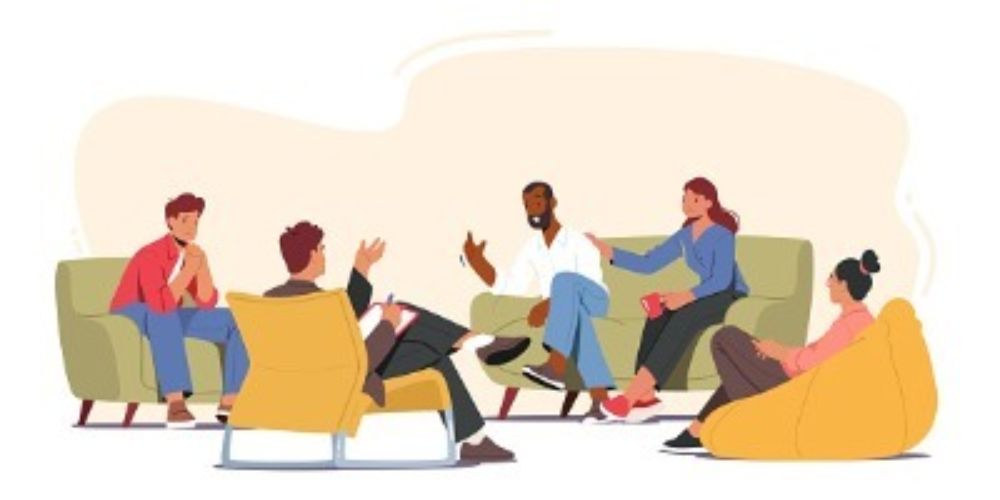
Spatial working memory is critical for gesture processing: Evidence from gestures with varying semantic links to speech
link.springer.com/article/10.3...

Spatial working memory is critical for gesture processing: Evidence from gestures with varying semantic links to speech
link.springer.com/article/10.3...
We found that individuals with MCI rely on the gesture modality as a meaningful communicative resource and that information conveyed through gesture remained stable over time.

We found that individuals with MCI rely on the gesture modality as a meaningful communicative resource and that information conveyed through gesture remained stable over time.
doi.org/10.1080/0963...
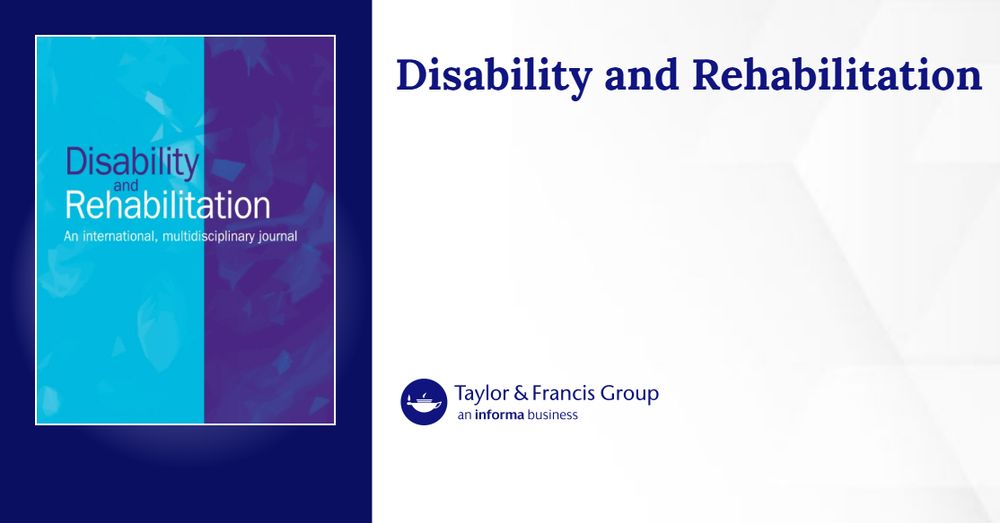
doi.org/10.1080/0963...
doi.org/10.1111/1460...

doi.org/10.1111/1460...





